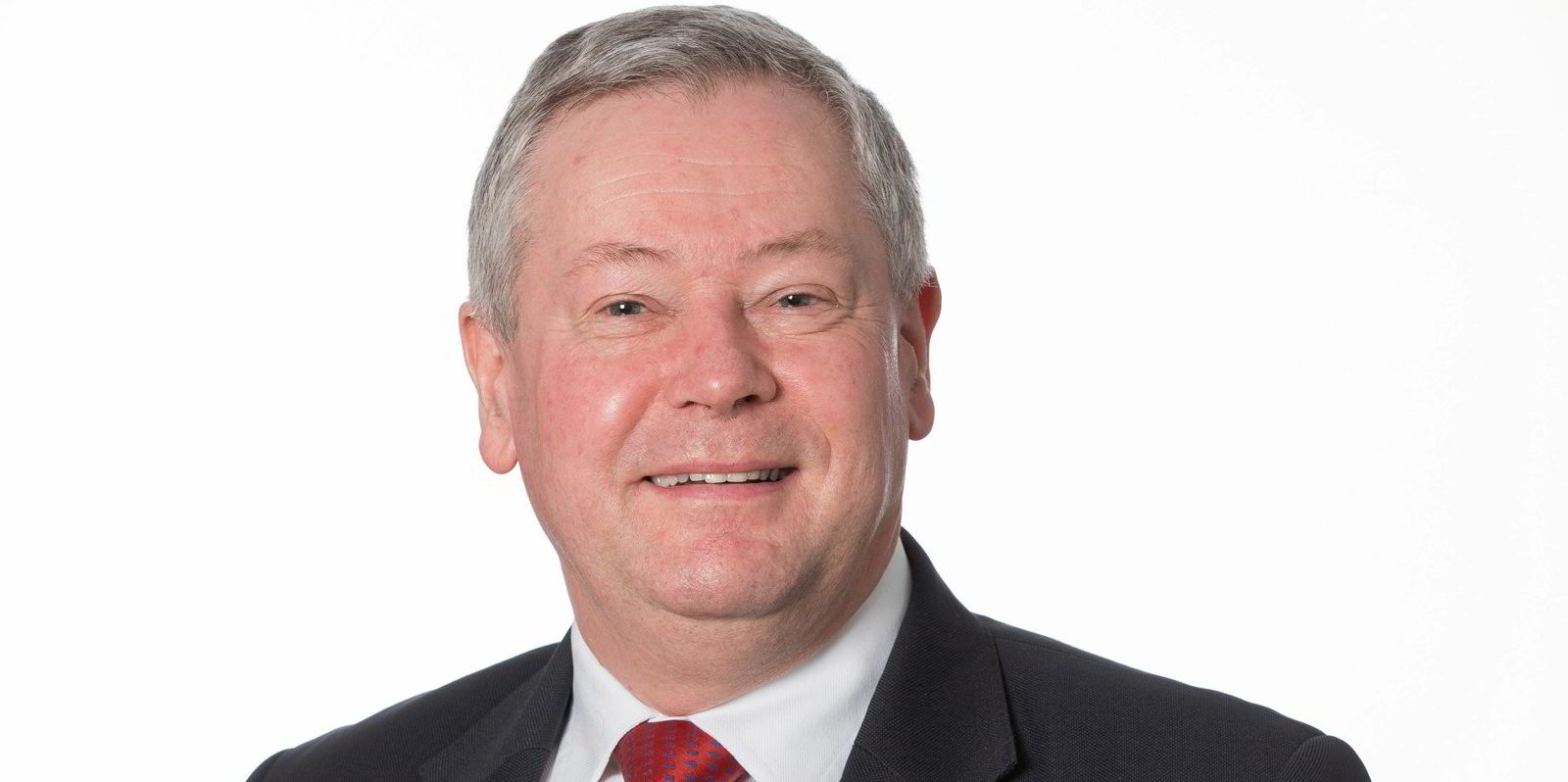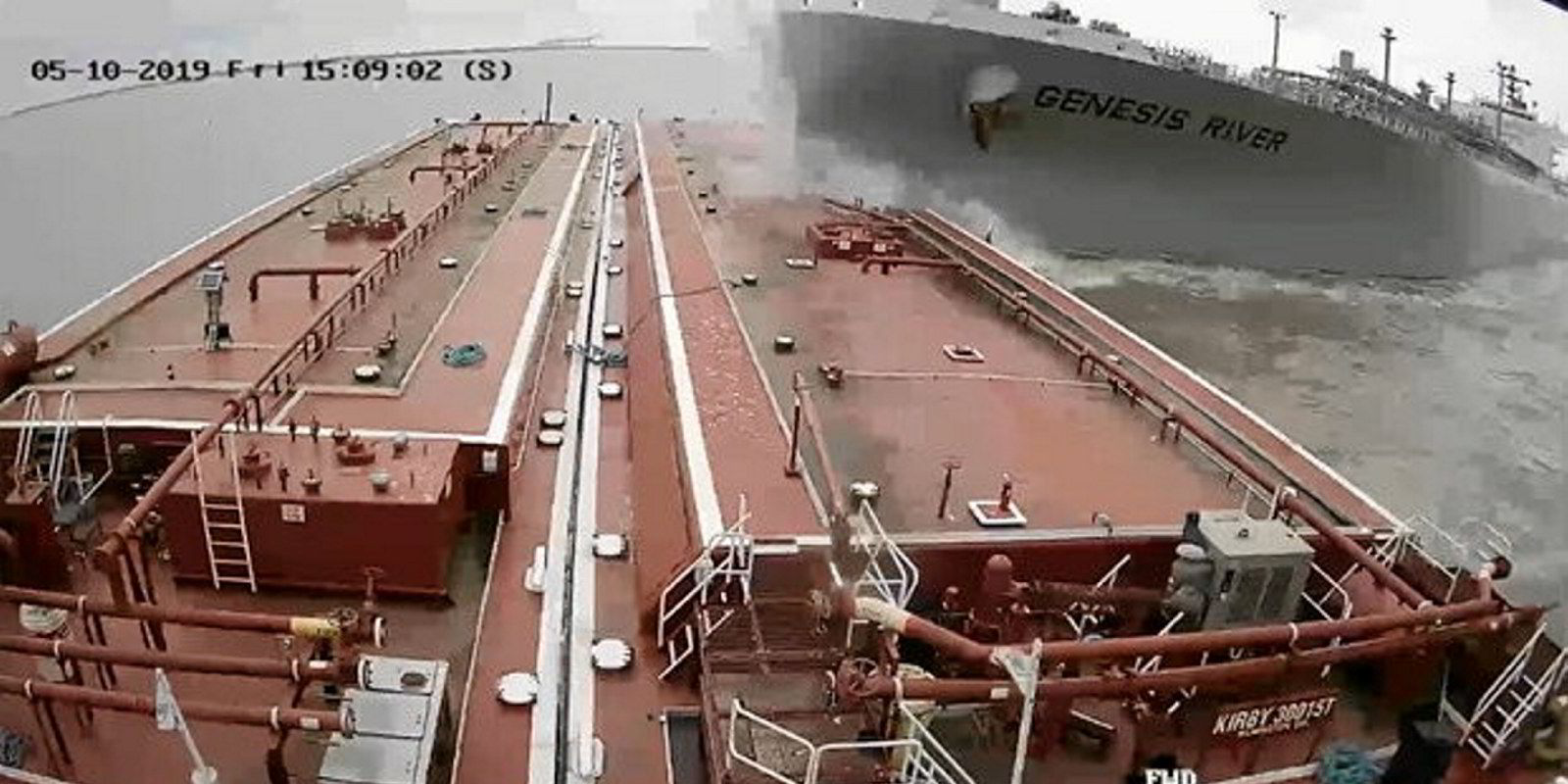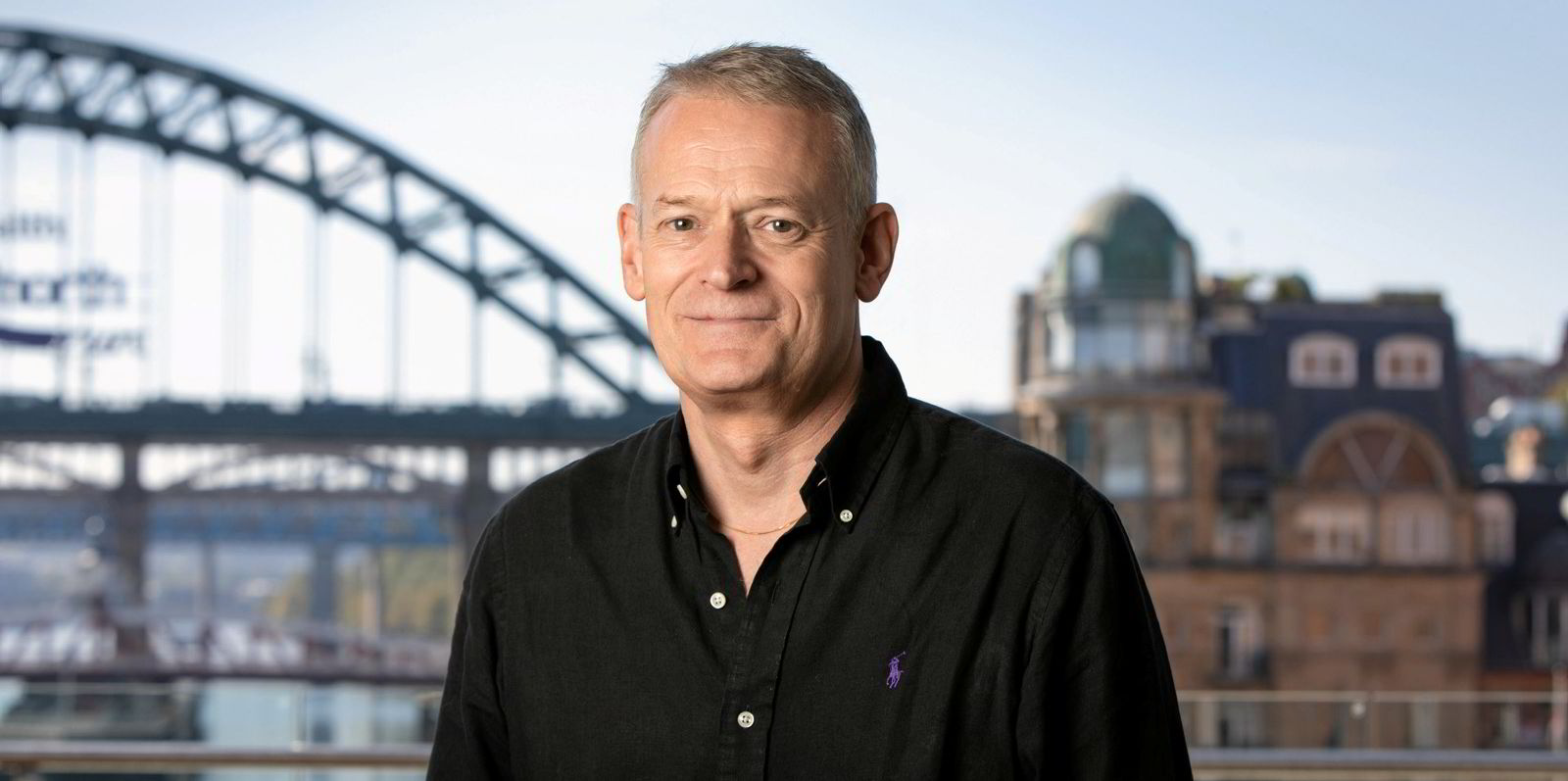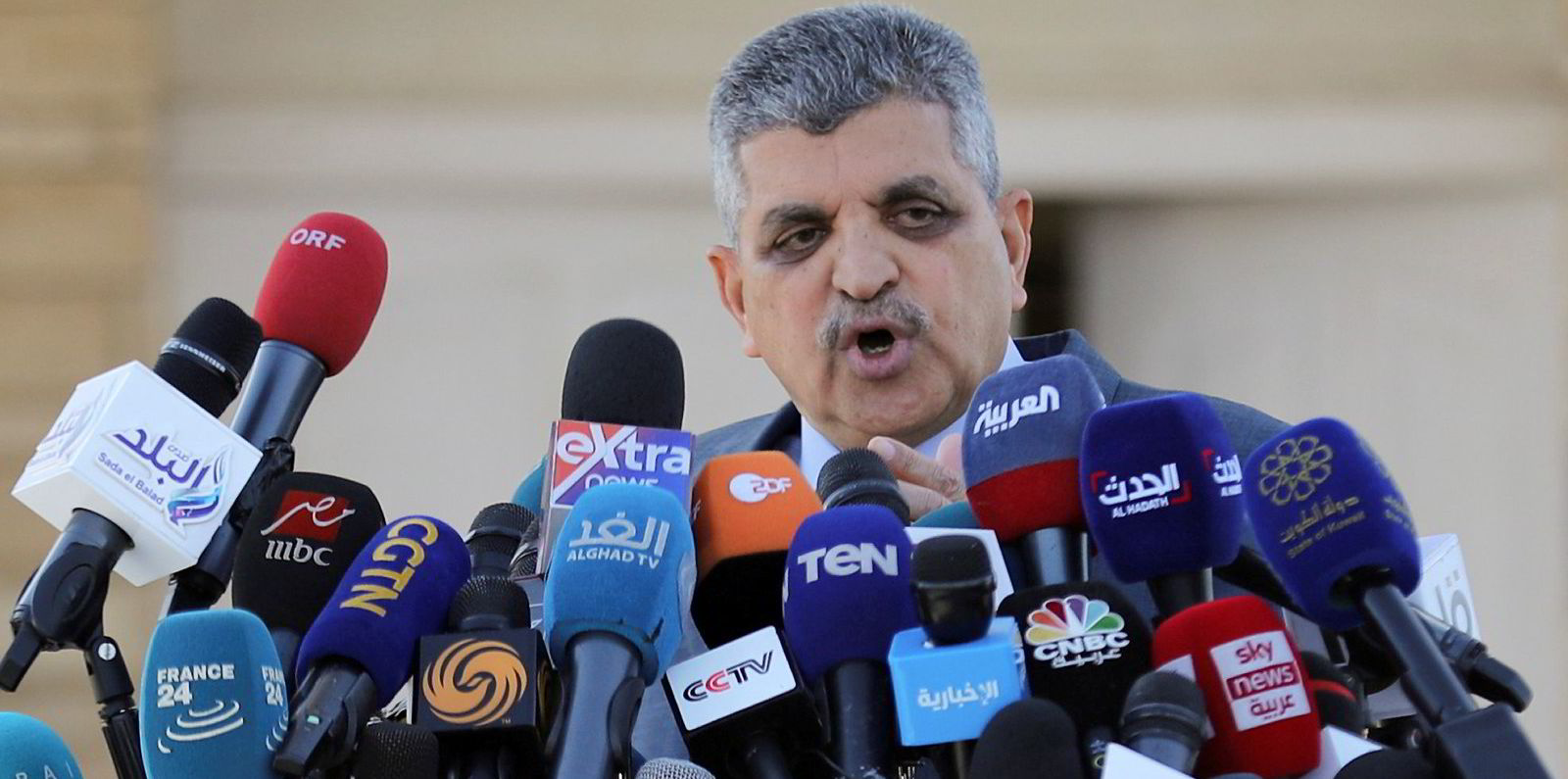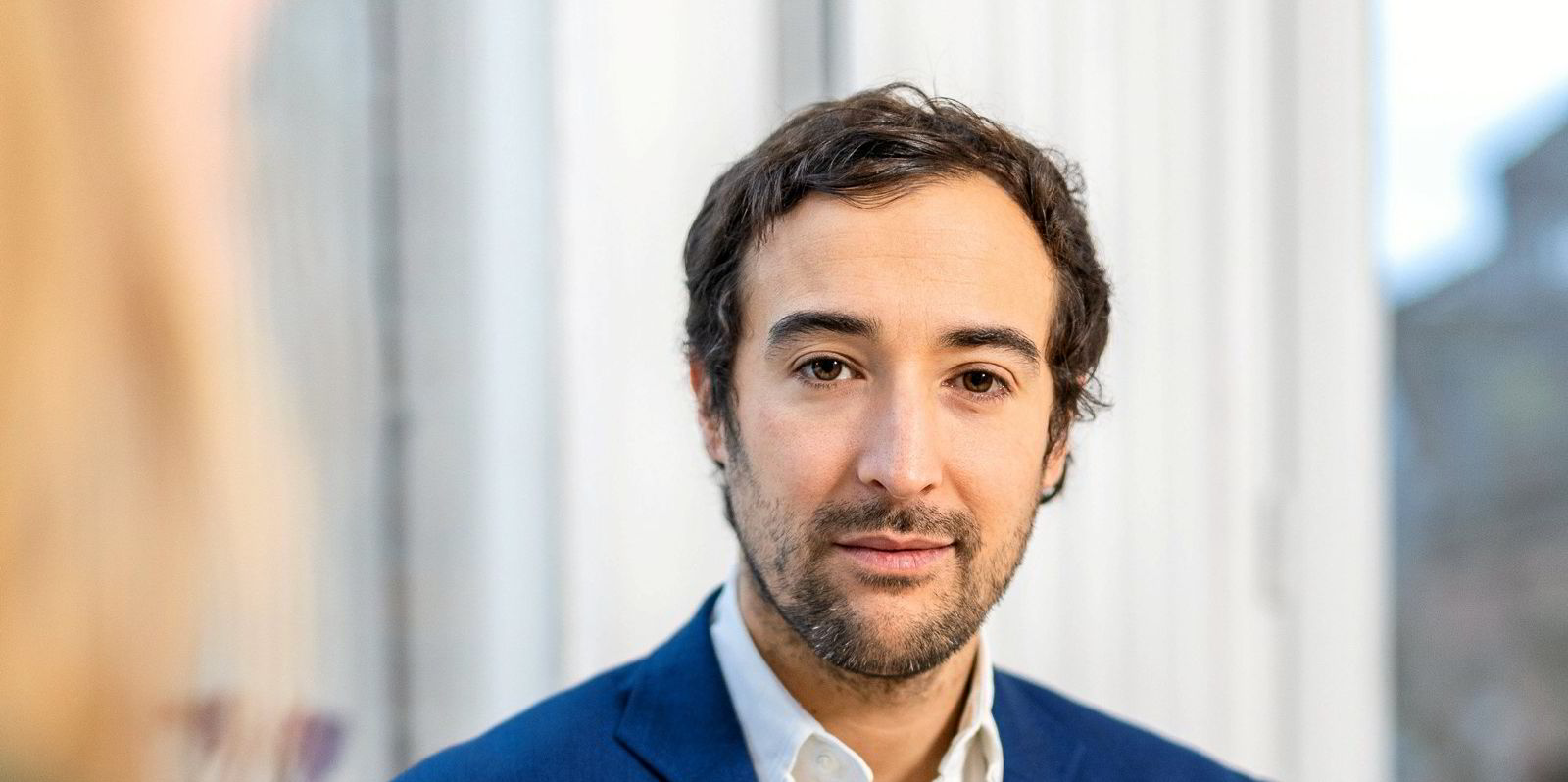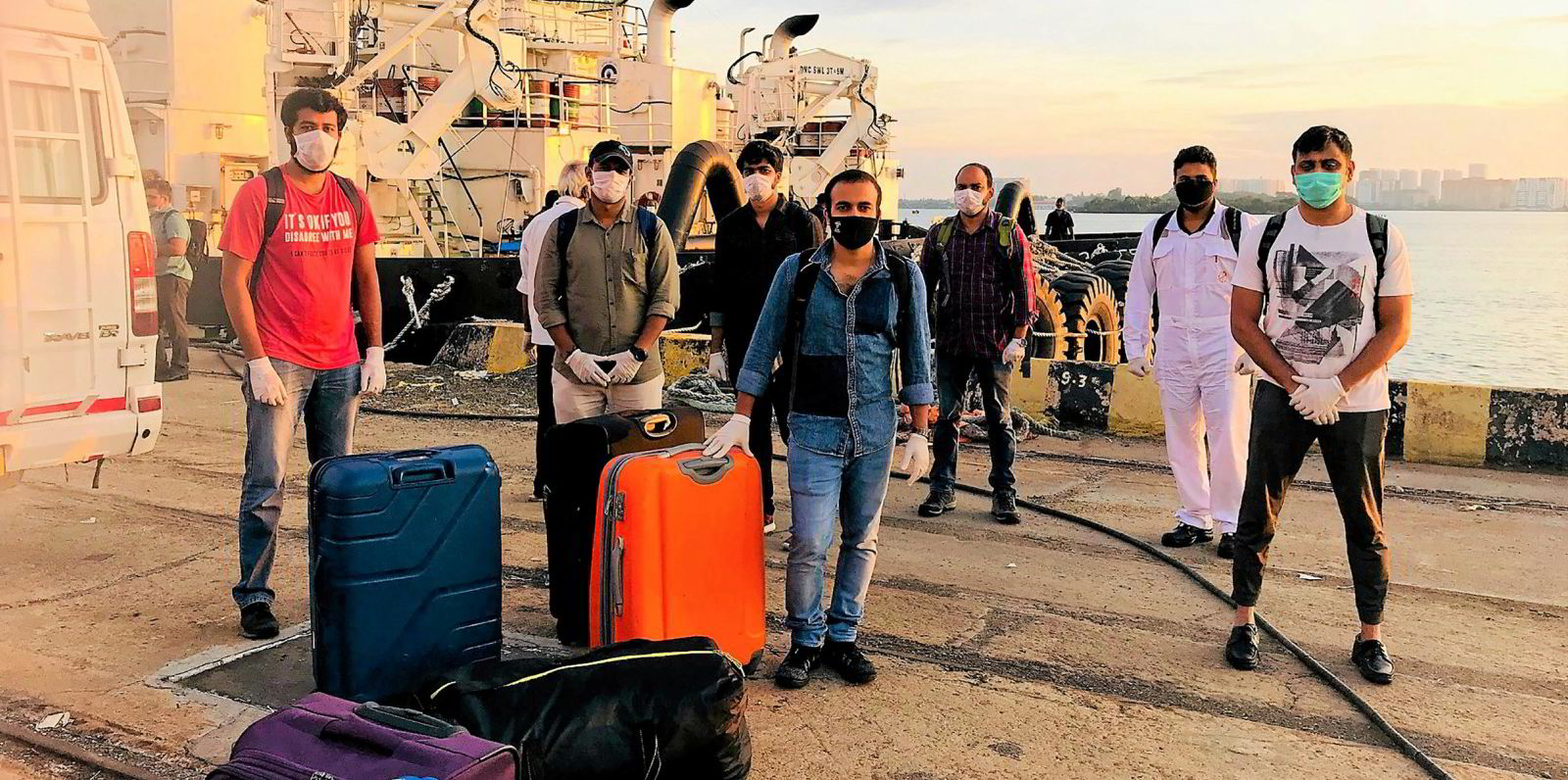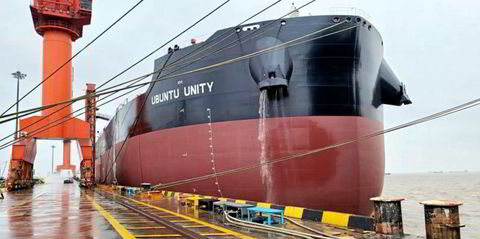John Dolan, deputy director of loss prevention at the Standard Club, is helping protection and indemnity insurers to reduce the mounting cost of pilot-related claims.
Dolan heads the International Group of P&I Clubs’ working group on pilot safety, which has become a key focus after a review revealed that such incidents have cost P&I insurers $1.8bn over 20 years.
The issue has been cast into the spotlight by the grounding of the 20,388-teu Ever Given (built 2018) in the Suez Canal. The containership had two pilots on board at the time. An investigation is being held into the cause of the incident.
Dolan, a former master mariner with an extensive career in ship management, said there have been long-running issues around communication between the pilot and the bridge crew, which can begin the moment the pilot comes aboard.
“The type of interaction between the pilot and the bridge is of critical importance, as is the sharing of information when the pilot comes on board,” he said.
Room for improvement
In theory, the master should pass on the information about the steering capability and performance of the vessel, while pilots should communicate local conditions and movements in ports and channels.
“The question is: does it take place and is it done properly? Could it be done better and is it something we should doing better?” Dolan asked.
Many vessels will have procedures for pilot and bridge interaction written into onboard safety systems. But the persistence of pilot-related accidents indicates that in many cases they are not being followed.
“We know that ships are still arriving at the pilot station with just a cursory handover. The exchange of information that we are talking about does not take place, so clearly there is room for improvement,” he said.
Dolan is seeking to encourage a dialogue between insurers, pilot associations and ports to improve the situation. Technology in vessel monitoring could also play a role in reducing accidents.
His focus on behavioural matters, in relation to bridge communication, is indicative of a general shift among P&I clubs towards tackling the human element in loss prevention.
Challenging environment
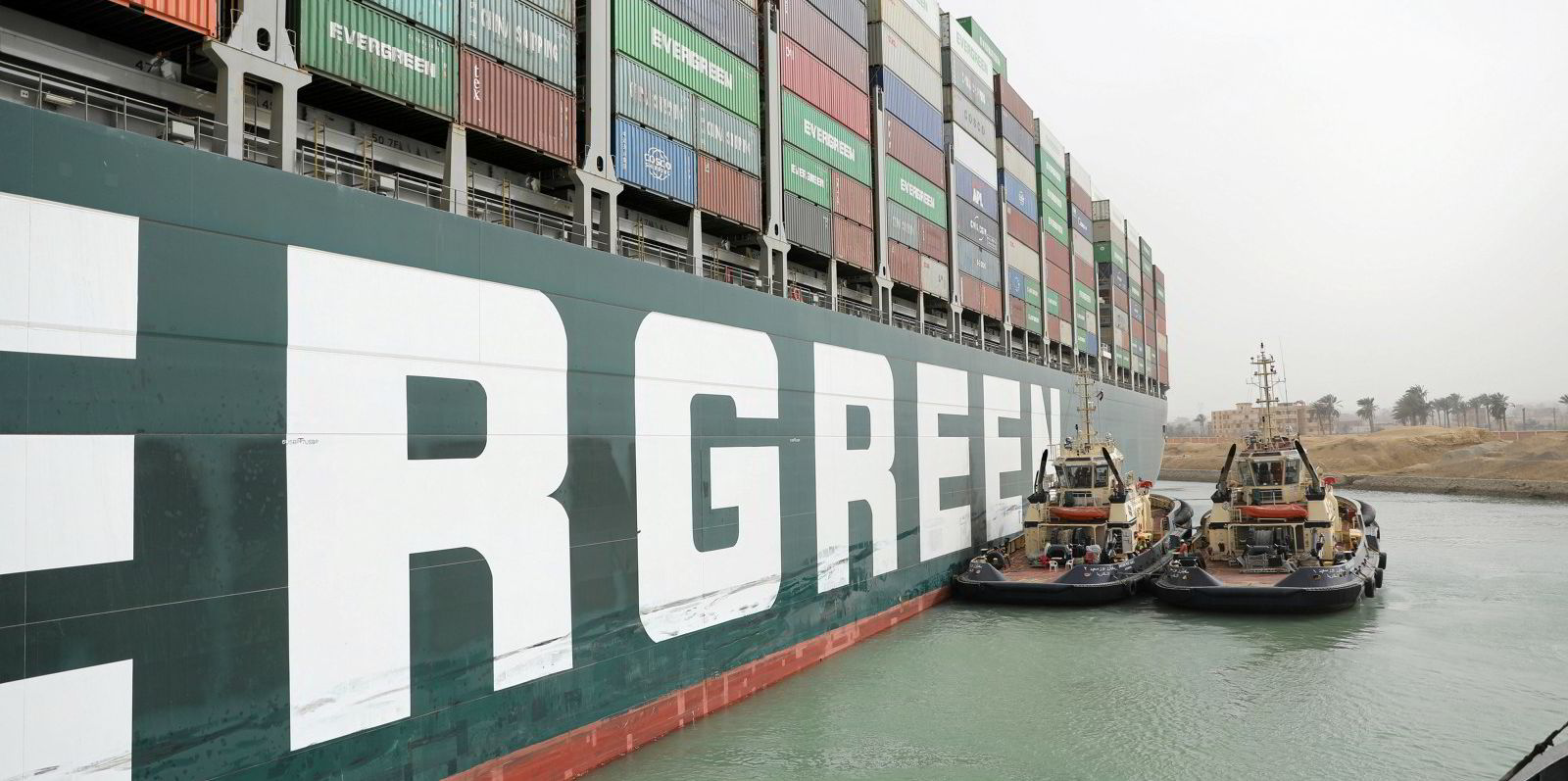
The pandemic has added to concerns over how crew wellbeing can affect the safety performance of vessels. Hundreds of thousands of crew have found themselves trapped on ships because of the restrictions imposed to prevent the spread of coronavirus.
Although few accidents have been directly linked to the increasingly stressful working life of seafarers amid the pandemic, Dolan said it could still be having an impact.
“I am a former mariner, and I have spent many years at sea, so I have a fairly good idea of the life onboard a vessel and its privations and challenges. It’s not all doom and gloom, but we are now talking about a really challenging environment that has gone on for a long time,” he said.
He suspects the added stresses could be eroding safety.
“Can I say that this accident on a vessel is directly related to Covid? No. But you cannot discount the anxiety, and all the distractions that happen on board a vessel can suddenly take someone’s mind off a job. They have a family issue at home or whatever.”
P&I clubs do not have direct access to crew. But Dolan believes they can still be influential in relating best practice for crew welfare.
He said the Standard Club can play a role in passing on the experience of its members to shipowners, and acting as a clearing house for progressive ideas on crew management.
It also supports the Neptune Declaration and crew welfare organisations, such as the International Seafarers’ Welfare & Assistance Network and the Mission to Seafarers, which deal directly with seafarer concerns.
“The Neptune Declaration is an important step forward in terms of sharing responsibility between owners and charterers, and it is also a very visible expression of our concern. The human factor has been a strong part of our work, particularly in loss prevention, for many years and now we feel it is important to be involved in these initiatives,” he said.
